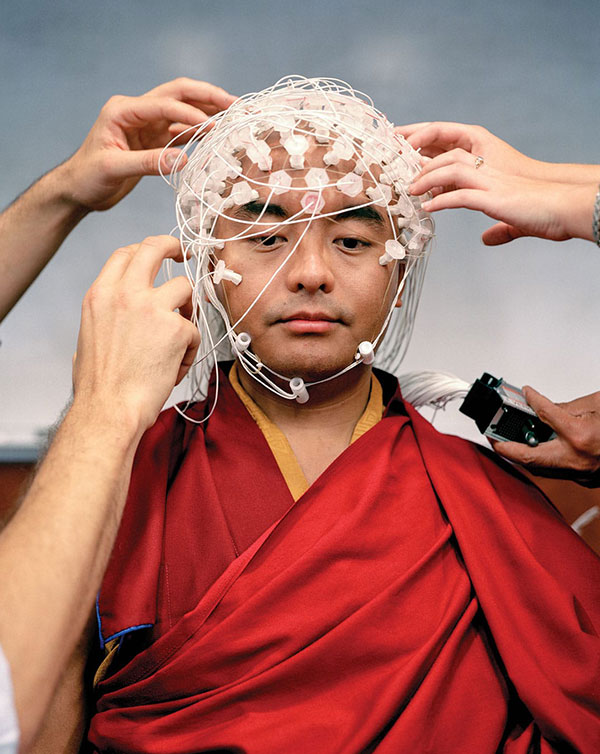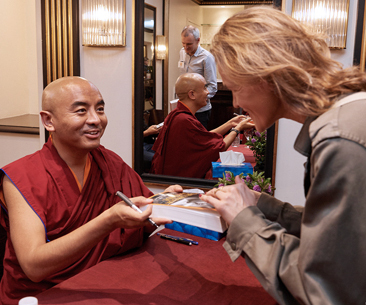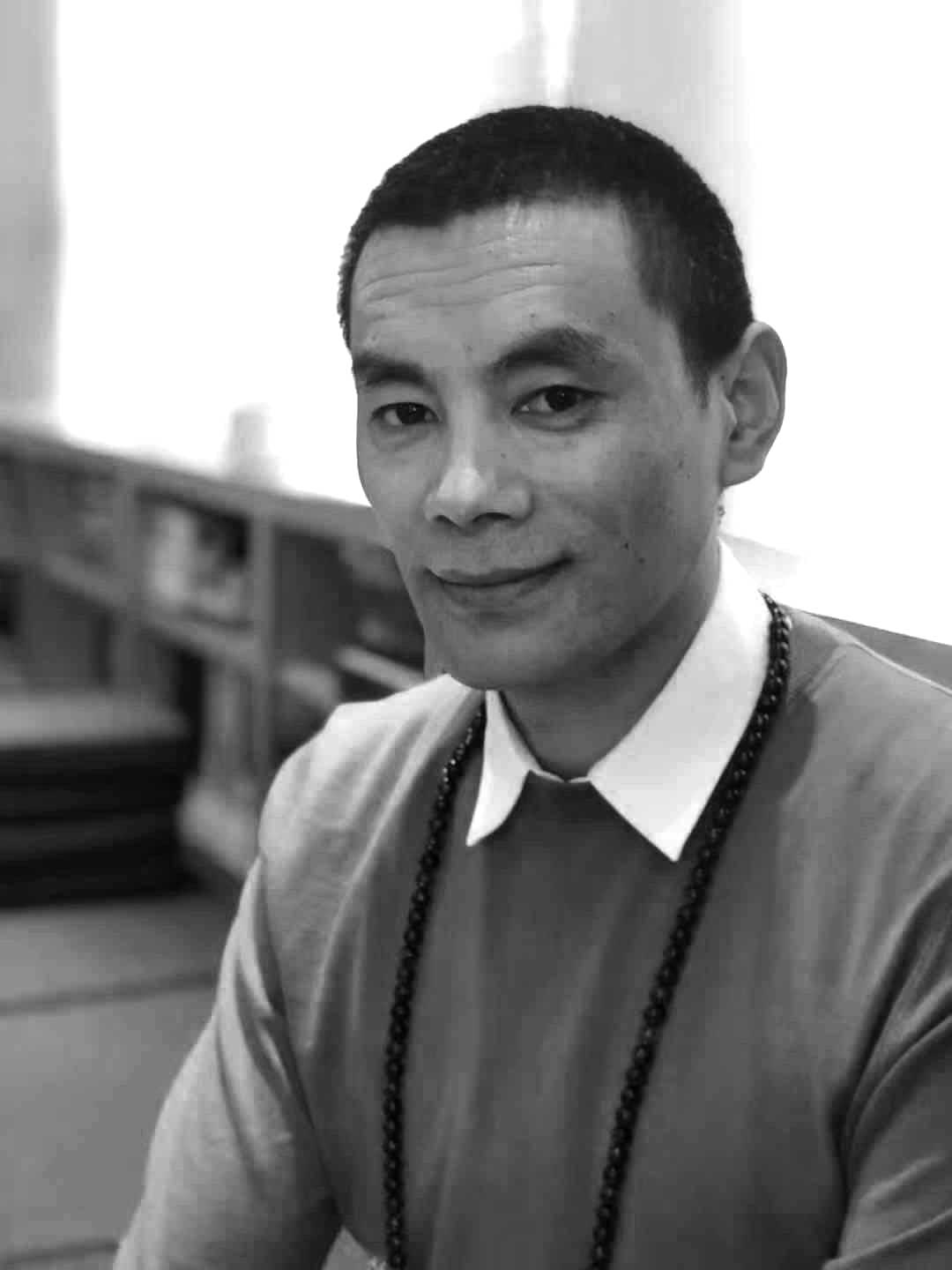Date/Time:
This event takes place September 8–11, 2023.
Registration
Registration will close 1 hour in advance of the event. Full refunds will be given for cancellation requests up to 1 hour in advance of the event.
Who can attend this event?
There are prerequisites for attendance at this event.
Requirements for participation: To have attended Path of Liberation Levels 1 and 2 and completed the associated practice requirements.
Translation
Translation from English will be offered in Chinese, French, German, Portuguese, Russian, and Spanish
“Liberation is not something you have to create; liberation is inside you.” — Tai Situ Rinpoche
Recognizing the nature of mind throughout all experiences is at the heart of Tergar’s Path of Liberation program. During this retreat, Mingyur Rinpoche will transmit the third and fourth pointing out instructions of the Mahamudra lineage, helping to infuse your formal meditation and everyday-life practices with the recognition of nature of mind. Additionally, you will receive instructions on mandala offering and guru yoga, the third and fourth foundational practices, respectively.
REQUIREMENTS FOR PARTICIPATION:
To have attended Path of Liberation Levels 1 and 2 and completed the associated practice requirements.
The requirements for participation were set in consultation with Mingyur Rinpoche. In turn, we ask that you honor them. Thank you!
WHY SHOULD I ATTEND?
This program contains core elements of the Path of Liberation as presented by Mingyur Rinpoche. During this retreat, Rinpoche will provide further instructions on the nature of mind and foundational practices. These profound practices have served as the basis for the Mahamudra lineage for centuries.
WHAT WILL I LEARN?
The techniques taught in this program, and associated benefits, are the most profound in the Buddhist tradition.
In this program, you will:
- receive the third and fourth pointing out instructions
- learn about the connection between the empty and luminous aspects of the nature of mind
- continue to explore the ngondro and Nectar of the Path practices
WHAT IS INCLUDED IN THIS PROGRAM?
- Live teachings, Q&A, and practice sessions with Mingyur Rinpoche
- Teaching sessions with Lama Trinley
- Q&A sessions with Tergar Guides
- Group meditation
About Path of Liberation Levels 3 and 4: Spontaneous Presence and Natural Liberation
Thank you for your interest
This event happened on September 8. If you attended this event, you can access your resources by logging in.
We invite you to take a look at more events with Mingyur Rinpoche and Tergar Instructors.
About Mingyur Rinpoche

In his approach to teaching meditation, Mingyur Rinpoche integrates traditional Buddhist practice and philosophy with the current scientific understanding of the mind and mental health – making the practice of meditation relevant and accessible to students around the world.
Mingyur Rinpoche is a world-renowned meditation teacher with personal experience of anxiety and panic attacks, which he suffered from throughout his childhood and into his teenage years, when he learned to transform his panic through meditation. Born in Nepal in 1975, Mingyur Rinpoche began to study meditation as a young boy with his father, Tulku Urgyen Rinpoche, himself a well-respected Buddhist teacher. As a child he became interested in contemporary science through conversations with scientists who were visiting his father, and as he grew older he began to collaborate with neuroscientists and psychologists, including Richard Davidson and Antoine Lutz at the University of Wisconsin, on research projects that study the effects of meditation on the brain and the mind.

Mingyur Rinpoche’s first book, The Joy of Living: Unlocking the Secret and Science of Happiness, debuted on the New York Times bestseller list and has been translated into over twenty languages. His second book, Joyful Wisdom: Embracing Change and Finding Freedom, explores how difficult emotions and challenging life situations can be used as stepping stones to discover joy and freedom. In his most recent book, In Love with the World, Mingyur Rinpoche shares how his meditation practice sustained him when he left his monastery to wander through India and the powerfully transformative insights he gained from the near-death experience he had at the beginning of his journey. Mingyur Rinpoche recently appeared in the Netflix series The Mind, Explained, in an episode about the benefits of mindfulness.
As the head of the Tergar Meditation Community, Mingyur Rinpoche supports groups of students in more than thirty countries, leading workshops around the world for new and returning students every year.
About Lama Trinley

Lama Trinley has been the resident teacher at the Tergar Mingjue Phoenix Center since November, 2007. Lama Trinley began his education at Tergar Monastery, where he studied the rituals, prayers, and other traditional practices of the Tibetan Buddhist tradition. He entered the traditional three-year retreat when he was seventeen years old, after which he spent six years training in the monastic college of Tergar Monastery, where he taught for three years as assistant professor. His command of English and his humble and gentle demeanor make him easily accessible to newcomers and experienced meditators alike.
 EN
EN





